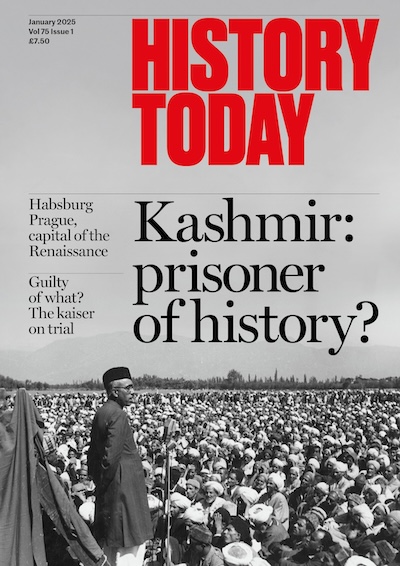The Old English Constabulary
Robert D. Storch argues that the state of policing before Peel was not always as bad as the reformers liked to claim.
In the Tudor and Stuart periods, English constables were important local figures in rural parish life. Drawn from the more substantial members of the village community, the status of constables appears to have been on a par with churchwardens and overseers of the poor. Propertied village worthies seem to have rotated through all three offices. Constables in this period have been characterised as 'headmen' - high-status locals who played a mediating role between the village and central authorities, and functioned both as agents of the Crown and village representatives. Despite perennial criticism, the state took the old constabulary seriously enough to assign it an important role in the enforcement of its plans to reform morality and control crime. This was especially true in the seventeenth century, but as late as the 1780s, magistrates attempted to mobilise and pressurise the constables to act against moral offences, drinking and local disorders - though apparently with disappointing results.





